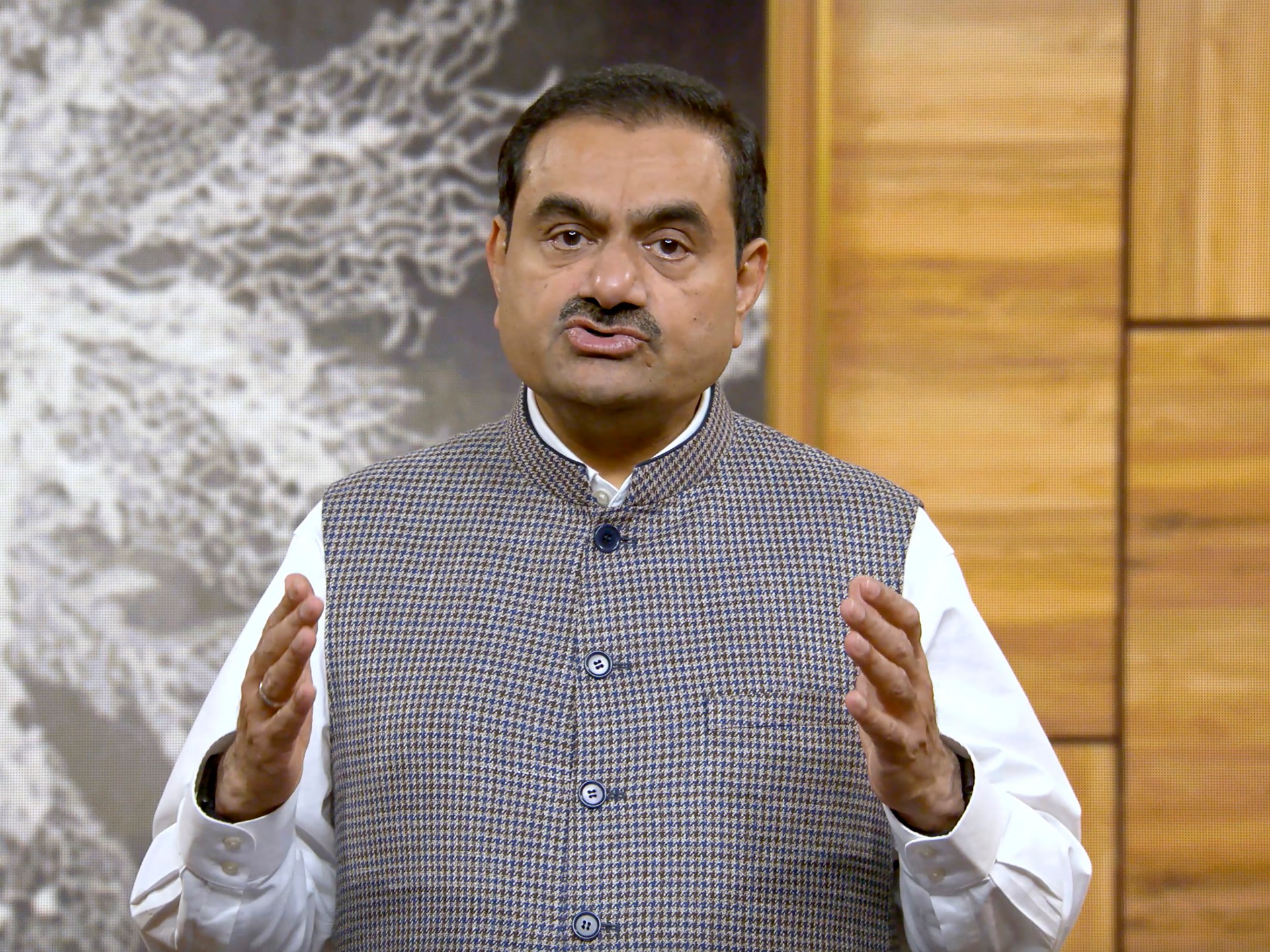Turkey "Disturbed" By Iraqi Opposition
Without giving names, Gul alluded that some members of the U.S.-appointed body who were opposed to a Turkish deployment had in the past favored it, Agence France-Presse (AFP) said.
"One should not say something when speaking to us and another thing when speaking to others," the minister said, according to Anatolia.
Overriding vocal opposition from both the Iraqi leadership and its own public opinion, the Turkish government Tuesday, October 7, passed through parliament a motion to dispatch troops to Iraq in response to a U.S. request for assistance.
Iraqis say they are against military involvement by neighboring countries fearing it might interfere with domestic politics and impede the already fragile efforts to rebuild their war-torn country.
Iraqi Kurds, who have chilly ties with Ankara, are particularly hostile to the idea, wary that Turkey, which has long been accused of oppressing its own restive Kurds, wants to thwart their political gains in the post-Saddam period, AFP said.
The Turkish parliament authorized the dispatch of troops to Iraq for a maximum of one year, leaving the decision on the size, location and timing of the deployment to the government.
Second Border Crossing
Meanwhile, Turkish media reported Friday that Turkey plans to open a second border crossing with Iraq which could be used by Turkish troops moving into the country to assist U.S.-led occupation forces there.
The crossing would be located about 15 kilometers (9 miles) east of the present crossing point at Habur, according to daily Hurriyet.
The Turkish authorities have discussed the idea of the new crossing with U.S. officials, but they have yet to give the go-ahead for the plan, according to television station NTV.
Major infrastructure work would be needed at the site, including the construction of a bridge over the Hezil river, as well as a major de-mining program to clear away mines dating back to the first Gulf war in 1991.
The plan was first mooted last year but was shelved after pressure from Washington which feared the new border post would serve the economic interests of the now ousted Saddam.
On Thursday, October 9, Prime Minister Recep Tayyip Erdogan insisted that Turkish troops would be deployed in Iraq to help restore stability, warning that any attacks on them would be "unacceptable."
"Turkish soldiers will go there not as a police or gendarmerie force. They will go there for peace and tranquility for the Iraqi people," Erdogan told reporters in Istanbul.
"Hostile approaches towards soldiers … will be unacceptable," he added.
Keen to spread the burden of Iraq occupation, Washington Wednesday vowed to press the U.S.-appointed interim Iraqi Governing Council to accept the deployment of Turkish troops.
U.S. forces suffer almost daily attacks on the ground in Iraq. So far some 93 U.S. soldiers have been killed in combat since U.S. President George W. Bush declared official hostilities over on May 1.
In Ankara, U.S. Ambassador Eric Edelman met with the undersecretary of the Turkish foreign ministry, Ugur Ziyal, in what was described as a preliminary discussion on how talks would proceed to finalize the Turkish deployment.
"We cannot reveal details. The situation is very sensitive. There are some circles that oppose Turkish soldiers and we have to avoid further reactions," a Turkish diplomat said.
The mass-circulation Hurriyet newspaper claimed Thursday that Turkey and the United States were at odds on where the Turkish contingent would be deployed.
According to the daily, Washington was offering the Al-Anbar province, a non-Kurdish Sunni region stretching from west of Baghdad to the borders with Syria and Jordan, while Ankara was asking for the Salahuddin region, which includes Saddam’s birth town of Tikrit and is closer to Kurdish areas.
Protests Against Sending Troops
Turkish protestors, meanwhile, continued to hold demonstrations against sending troops to Iraq across Turkey.
Eleven activists were detained in the southern city of Adana where clashes broke between security forces and demonstrators, Anatolia reported Thursday.
Television footage showed protestors hurling stones at riot police, who retaliated with truncheons to break up the demonstration.



